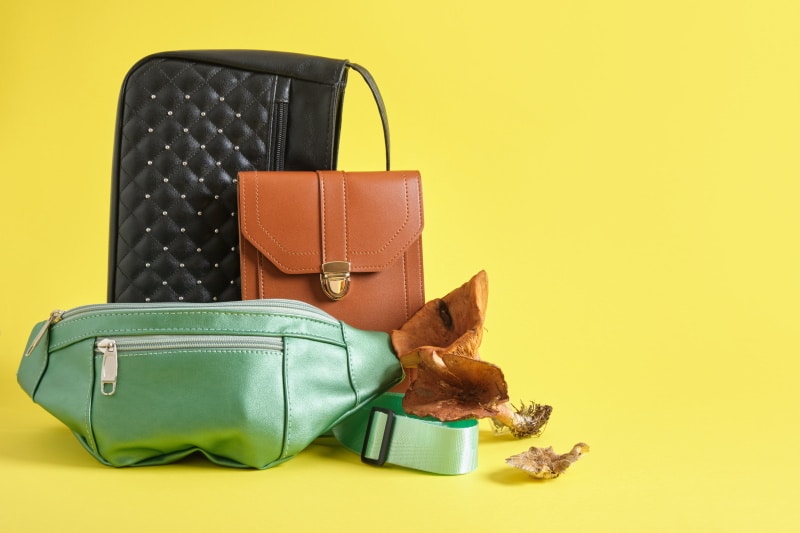The Portuguese government has banned the use of the term ‘vegan leather’. Now, any company using a plant-based prefix such as ‘vegan,’ ‘synthetic,’ mycelial, ‘desserto’ or ‘pineapple’ on their products will face fines and prosecution.
Consumer transparency is the main reason for this legislation. However, with the vegan leather market projected to be USD 90 billion by the year 2025, the enormous growth will create an enormous problem for the Portuguese government, which is under pressure to protect the country’s leather industry.
The Semantic War
Portugal is not the first country in the world to ban so-called ‘misleading’ terms. Belgium, France, Italy, and Spain have all made similar moves and legislation when consumer clarity is always cited as the primary motivation.
However, last year’s new research shows that it’s a myth that consumers are confused by labels such as “meat’” and “milk’” on plant-based products.
Attempts to suppress the plant bases market haven’t always been successful. In 2020, European farmers lost in their attempt to ban terms such as “veggie burger,” and Australian senators failed to enforce a ban on meat-like terms used on vegan product packaging.
The use of conventional leather is under heavy criticism in recent years for its influence on the environmental impact.
The Livestock sector is the world’s biggest consumer of agricultural land through grazing and feed crops. As a result, real leather has a role in climate change.
Many of the plant-based alternatives hitting the market are considered by many as a better sustainable solution.








